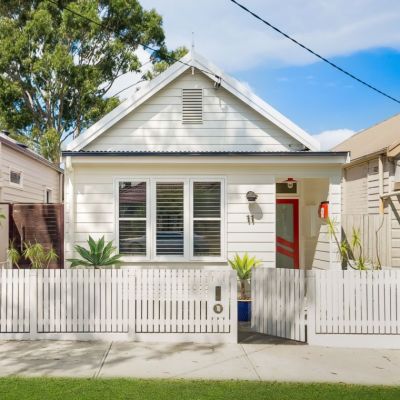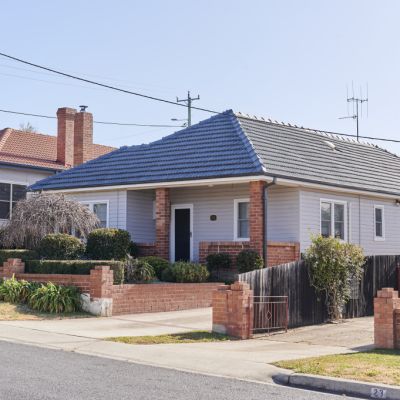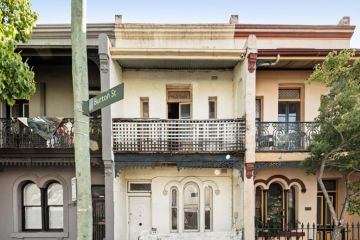What to do when a real estate agent asks, ‘What’s your budget?’
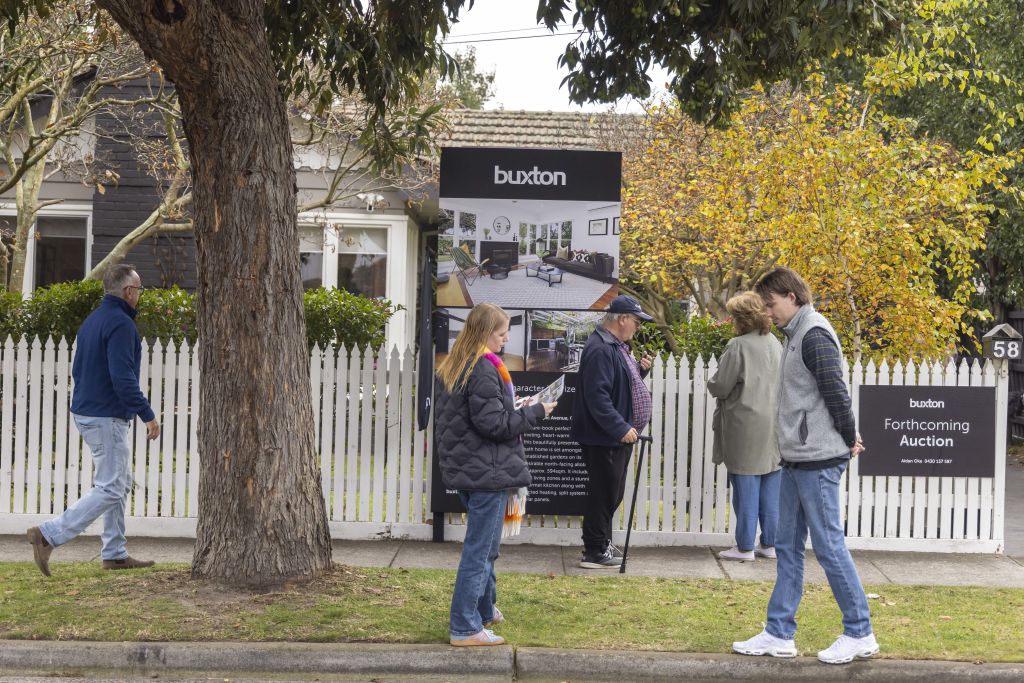
If you’ve ever struck up a conversation with a real estate agent at an open home, chances are you’ve been asked, “What’s your budget?”
For inexperienced buyers, answering this question can feel like navigating a minefield.
We’ve all heard the advice to “keep your cards close to your chest”. On the other hand, building rapport with an agent could unlock opportunities you might not otherwise have access to.
“It’s a tricky question,” says Property Planning Australia managing director David Johnston. “It’s one of those ones people get nervous about if they haven’t really planned what they should say.”
So, what’s the best way to approach the conversation?
Why do agents ask buyers for their budget?
It can help to understand why agents ask this question in the first place.
Shelter Real Estate director Zali Reynolds says it helps them to identify serious buyers.
“Vendors really only want their agents to deal with buyers who are highly qualified, so people who are ready to buy, who have got their finances organised and have the budget to spend,” she says. “That’s why agents ask the question all the time – to highly qualify the buyer.”
If an agent is clear on a buyer’s budget, they are more likely to contact them about off-market and pre-market opportunities, Reynolds says.
“The reality is that the amount of people we have to deal with as agents is significant,” she says. “Agents are more willing to work with buyers who are open and transparent.”
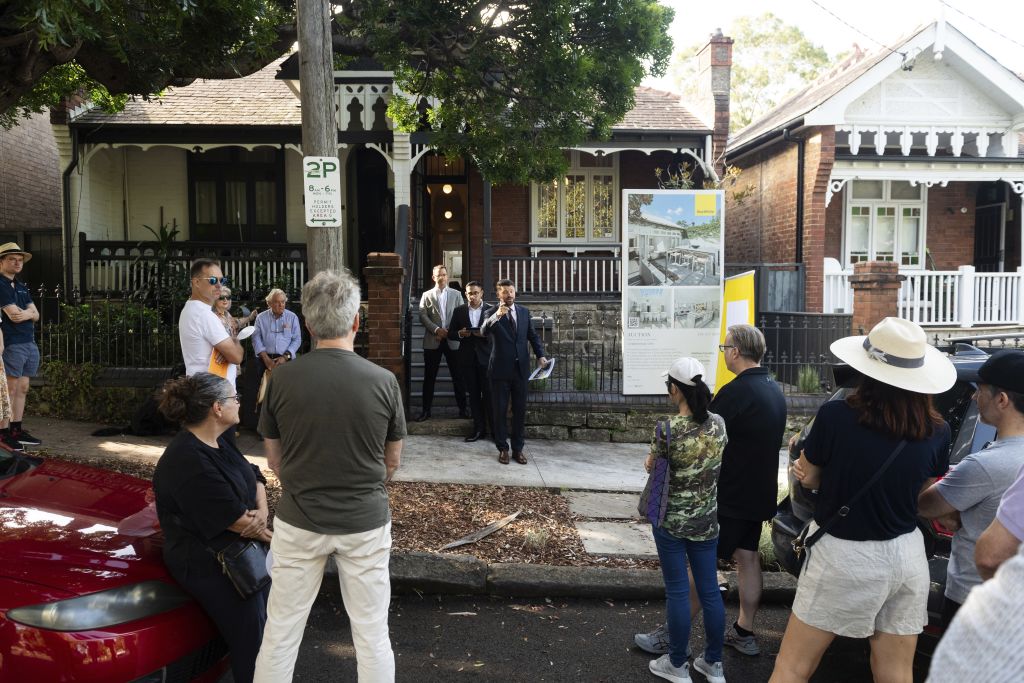
How should home buyers answer the budget question?
While you don’t need to lay it all on the table, an honest conversation could give you the best chance of success.
Buyer’s advocate Cate Bakos suggests referencing comparable properties to give agents an idea of your price bracket and wish list.
“You can tell them what you’re looking for and what you’ve looked at,” she says. “You can also say, ‘Had we been keen on that one, it would have been something financially that we could have considered.’”
It’s also worth noting that agents may already have access to information about your past home-buying activity. “Your interest history and your buying and offer history are all in their CRMs [content management systems],” Bakos says.
Johnston agrees that talking about comparable sales is a good approach. He suggests creating a spreadsheet to track sale prices of properties, including details like the number of bedrooms, bathrooms and land size.
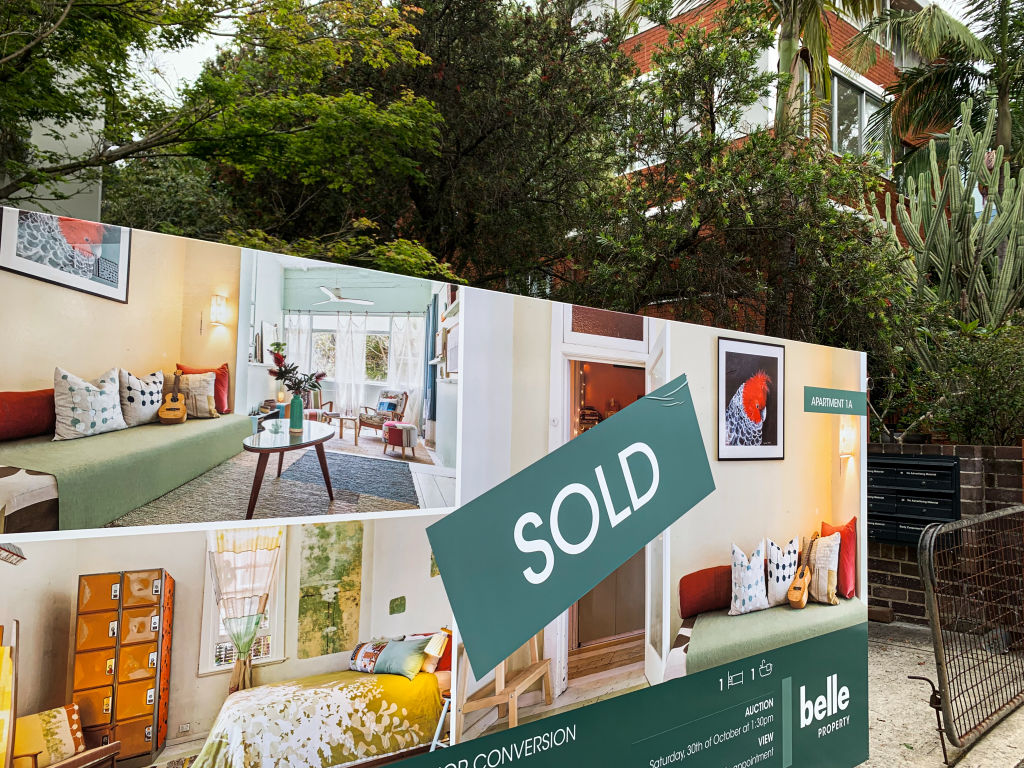
“If you plan beforehand and you feel prepared, you feel more confident in these conversations,” he says.
To set yourself up for a productive negotiation, the experts suggest providing agents with a price range while making it clear that what you are willing to pay will vary by property.
“You could say something like, ‘I could broadly look at $960,000, give or take – it comes down to the value I see in the property,’” Johnston says.
Reynolds says that if buyers “provide a range but qualify, then the agent knows that they’re not dealing with someone who’s just going to pay whatever – they’re dealing with someone who’s actually thinking seriously about what a property is worth”.
When providing a price range, Bakos says it can be handy to “keep a little bit of stretch budget up your sleeve”.
How to justify paying under your limit for a property
Even if an agent is aware of your upper limit, it’s important to remember that you’re in control of what you offer for any given property.
“I don’t think it diminishes a buyer’s opportunity to negotiate because every house is different and agents understand that,” Reynolds says.
“When they have that conversation, they need to make sure that they give reasons for why they’re not prepared to pay their full budget, and that’s easy to do.”
Arm yourself with knowledge of comparable property sales and be ready to explain how you landed on an offer amount, referencing recent sale prices and specific property features.

“If you have some logical evidence that’s research-based, then it doesn’t matter what your budget is, it’s what you’re prepared to pay,” Reynolds says. “And the agent will sell that to the vendor as well.”
While Bakos agrees that being upfront is typically the best approach, she says a buyer’s limit can be used against them in some situations, such as post-auction negotiations.
“If the agent knows what you can stretch to and they know that you’re emotional about the property, a skilled agent will use that against you,” she says. “In that case, it can be worthwhile having someone else do the bidding for you.”
How to set your budget for a property purchase
Before you have the budget conversation with an agent, do the work to understand your own financial situation and what you’re comfortable spending.
“I think people don’t spend enough time on making sure they understand their own cashflow,” Johnston says.
He suggests reviewing your last 12 months of expenditure to ensure you’re picking up every expense. Break these expenses up into categories and add them to a spreadsheet.
Next, Johnston says buyers should work out how much they’re currently saving per month and to what level they are comfortable for that, and their savings balance, to drop post-settlement.
“Those two things should marry up to determine the price point that’s right for you, rather than relying on a bank serviceability calculator, which, unfortunately, a lot of people do,” he says.
We recommend
We thought you might like
States
Capital Cities
Capital Cities - Rentals
Popular Areas
Allhomes
More
